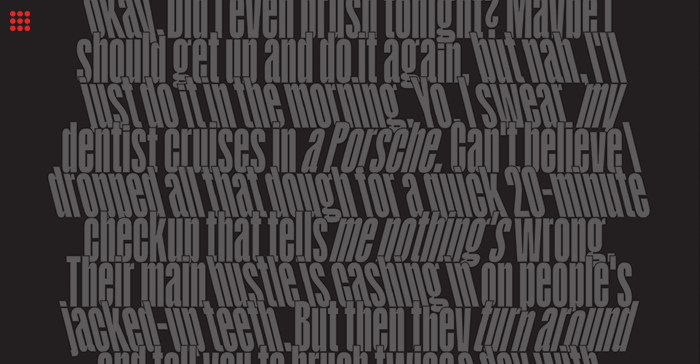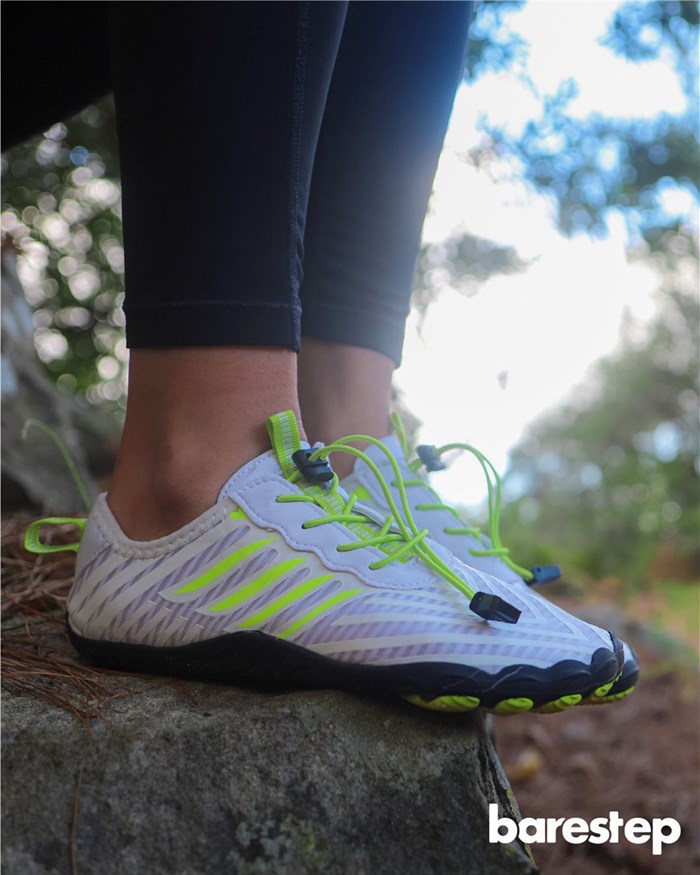#OrchidsandOnions: Decaf your mind with Nescafé

Addictive substance
It was more than just the aroma, though. It was that first taste, the mild hit of caffeine which can make the world seem a benign place and set you up for the day ahead.
So, it’s not difficult to understand why people can become addicted to caffeine – and how wired up they get on the substance.

We don’t drink a lot of coffee in Chateau Seery – two cups in the morning and one in the evening – and that’s why I don’t start craving the next hit. But, given that people can get frazzled on the caffeine high, I also understand why decaffeinated coffee is growing by leaps and bounds in popularity.
What does decaf supposedly do? According to Nescafé, it can help unscramble your mind. That’s the message in an intriguing print execution – and this particular idea would not work anywhere else, I shouldn’t think – with the punch tagline “Decaf your mind”.
It’s a simple jumble of words, white on a black background, piled higgledy piggledy upon one another, with sentences crowding one another in a stream-of-consciousness rave about dentists and cars which go “knock, knock. knock”.
This person, you feel, needs to unscramble their thoughts, or “decaf” their mind.
It’s a simple, but effective, way of conveying a concept and a reminder of the power of the printed word.
And, in the process, you can’t help but get the point that the way to reduce the frazzle is to decaf.
It’s a wacky, but brave concept, with a brilliant creative thought at its heart. So, it gets an Orchid from me. What a pity that ad agencies no longer put their “bylines” in small font in the corner of their print work. I would have like to give a public nod to the creatives.
If it is you, or your agency, fire me a mail on brendanjseery@gmail.com and I’ll happily recognise your talent.
Bogus ads
Social media is blamed for all manner of ills and evil and it has been recognised as being a powerful tool to influence not only public opinion but also public behaviour. There have supposedly been some sorts of checks and balances – evidenced in Twitter’s slide back into the gutter after Elon Musk permitted all the RWNJs (Right Wing NutJobs) back on the platform – but none, apparently, when it comes to advertising.
And the shysters and con artists have been having a field day, either ripping people off or deceiving them with false information. Facebook is particularly bad for this type of thing – shown clearly by how many people were taken in by bogus ads for health supplements supposedly endorsed by sports science legend Professor Tim Noakes. He had to explain publicly that these products – assuming they even existed – had nothing to do with him.
There are plenty of gullible people on that platform though – which is why plenty were no doubt caught by the promise of electric bicycles for R37 each from Spar, which was supposedly selling them because there was unpaid customs duty by the manufacturer, Trek.
Using real brands as part of the deception may have fooled some of the people – but come on, R37 for a bike! Also, if you looked closely, Spar’s logos had been Photoshopped on to pictures clearly taken somewhere other than South Africa.

Now, before I start chuckling at gullibility, I confess I, along with thousands of others, was caught out by a deceptive FB campaign by a company called Barestep.co.za, which was selling “barefoot” shoes. The Facebook hook claimed that the shoes were developed in South Africa for our unique conditions.
I sent off my R1, 080 and waited. And waited. And waited. As my anger at the delays rose, I saw the company was regarded by many disappointed customers as a scam. Eventually, after five weeks and an ongoing email conversation with “Laura”, my shoes finally arrived. And they are pretty good, especially in helping me to get back to a more natural gait after three decades and 80 000km of running.
It was the Sunday Times and Business Live consumer columnist, Wendy Knowler, who finally confirmed for me that I was duped. She found the identical shoes for sale on Alibaba for just over a tenth of what Barestep was charging. This also confirmed that the shoes were never designed here. As a token of apology for the long wait, Laura later sent me a special 15% off gift code, to be used against my next purchase. Interesting for a company which purported to be based in Cape Town, the offer said it was from “Barestep Spyrou Kyprianou 16 H&S Centre, Flat/Office 21 Larnaca, 6058” Cyprus is a long way from Cape Town.
Three Onions, then, to be handed out for this one. First one to me, obviously, for being so gullible. Second to Barestep, for being dishonest. Final, and smelliest, Onion goes to Facebook for allowing the platform to be used as some sort of Wild West snake oil market.






































